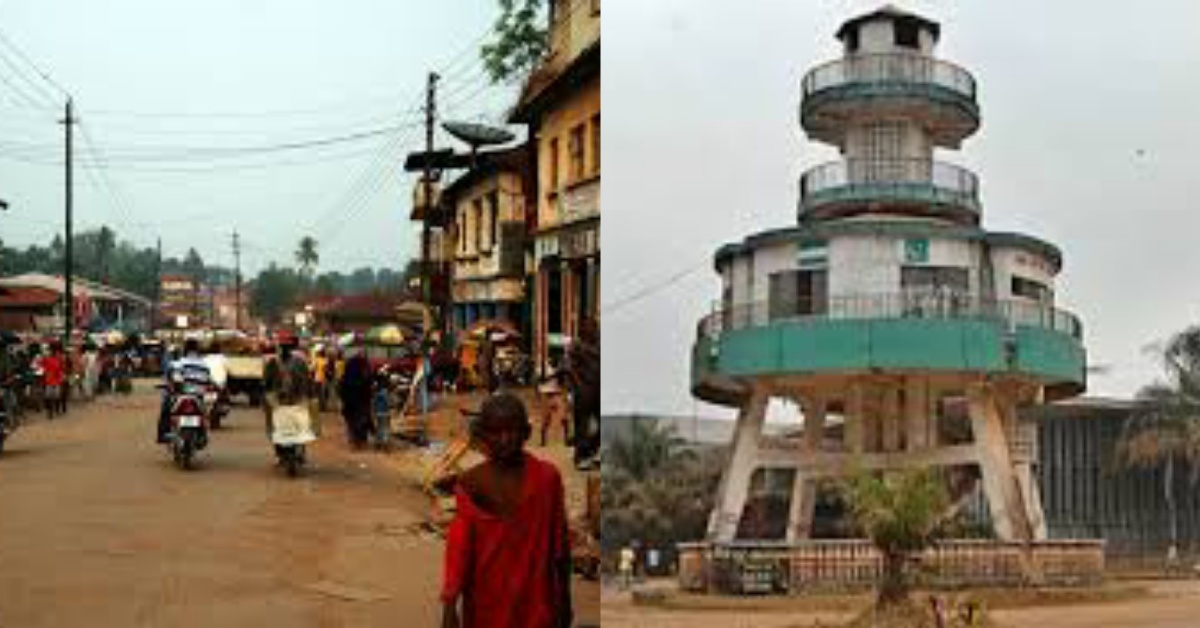South-Eastern is laden with gold, diamonds, bauxite, chromite, and other minerals, but knows no development for decades.
The region has lagged for too long owing to the one-sided politic that its sons and daughters have practiced. In the South-East, especially in Bo and Kenema cities, you either vote for SLPP (Sierra Leone People’s Party) or you do not vote at all.
In years gone by, supporters and sympathizers of other political parties are harassed and intimidated. This blind political loyalty and optimism to a party that they know as their grandfather’s own have cost them dearly. Once in governance, sons, and daughters of South-East regions will not pay attention to the socio-economic development of their communities.
They have strong confidence in themselves that either work or not, and they are sure to make it in the polls by invoking the tribal factor. They resort to the tribe, most times, in the eleventh hour.
This notion has been prevailing for years among South-Eastern politicians. The examples are visible in many parts of the country.
Since SLPP came to power in 2018, they have never embarked on a major road project in the South-East. The road from Bo to Mattru, the President’s hometown is still not fixed despite the number of years Bio has spent in power.
He came to pay attention to the road following the collapse of a major bridge that link Mattru and Bo towns, It is the same with Bo where streets and roads remain dusty.
In Bo city, only Ngallu, Mattru, and New Gerihun roads saw a semblance of a facelift.
By a cursory look, the road projects are cosmetic. They will wear and tear in the not-too-distant future when Bio shall leave the political stage.
In the construction of the few roads, other problems need to be solved. South-East needs health services, education, and other economic development. Inflation (high prices of goods and services) remains skyrocketing and uncontrollable. When the prices become unbearably high, the South-East is the hardest hit owing to the long distance to Freetown.
If a cup of rice is sold for Le 4,000 (four thousand Leones) here in the North-West, the same quantity is sold at either Le 5,000 (five thousand Leones) or Le 6, 000 (six) thousand Leones).
What a dangerous situation for the two regions. SLPP recently provided food and money, during registration, in the South-East regions, especially in Kenema city. The food and money were a lure for people to vote in SLPP for the second time. The move tells the extent to which SLPP politicians need South-Easterners only for votes, and nothing else.
It is a different case for North-West regions where SLPP is fiercely competing for political favor. To get the votes, the ruling party has been rolling out development projects in the two regions.
Lungi town in Port Loko has seen much of SLPP’s largesse. The extension and modernization of the Airport are one of the beautiful projects unfolding in Lungi town under Bio’s watch.
Other projects, according to President Bio will soon be unveiled. The construction of the Lungi bridge and a new city could be some of the projects. The new city will be somewhere around the North-West region.
Bauxite exploration has commenced in the Port Loko district, and mining will soon start if all things are equal. The North, without any doubt, is seeing a bright light at the end of the tunnel. SLPP government is also constructing a university of science in the diamond-rich town of Kono in the eastern region. Kono, for a long time, has been a swing district as they vote in only one who can develop their homeland.
This move has made Kono seemingly appears more prosperous than key districts in the South. In terms of infrastructural development, Kono is chasing Kenema, a town where SLPP got the heaviest votes in the 2018 presidential and parliamentary elections. South-East will never deny SLPP in the ballot box owing to tribal consciousness and sympathy regardless of any negativity, a veteran has anonymously told this press.
This age-old political sentiment will never deprive South-East of development if the status quo is maintained. When will South-Easterners realize that they are on the wrong side of the political situation?


 Post a comment
Post a comment









Comment(s)
Disclaimer: Comments expressed here do not reflect the opinions of Sierraloaded or any employee thereof.
Be the first to comment